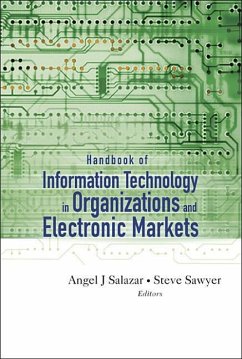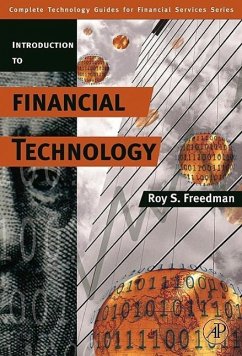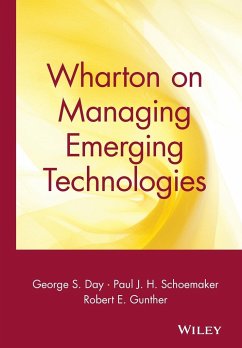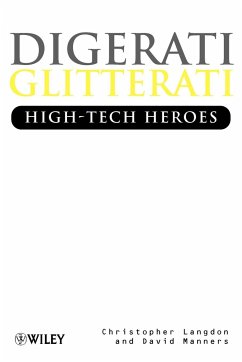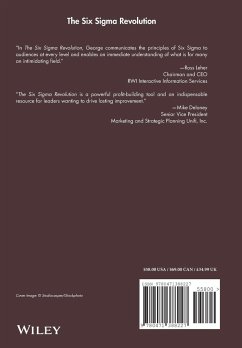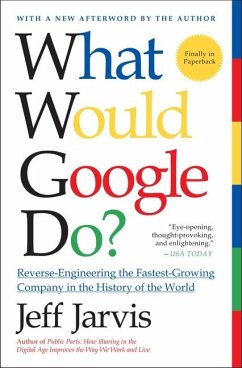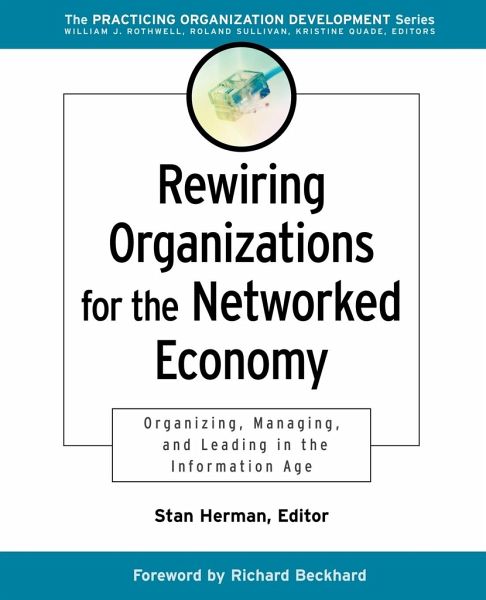
Rewiring Organizations
Versandkostenfrei!
Versandfertig in über 4 Wochen
50,99 €
inkl. MwSt.

PAYBACK Punkte
25 °P sammeln!
In Rewiring Organizations for the Networked Economy-- a book in The Practicing Organization Development Series-- OD expert Stan Herman and a stellar group of contributors have written a definitive resource book for OD practitioners that focuses on the effects of information technology on organizing, managing, and leading people within organizations. Throughout the book, you ll learn what new structures, processes, and attitudes are needed if organizations are to succeed in the new economy.





